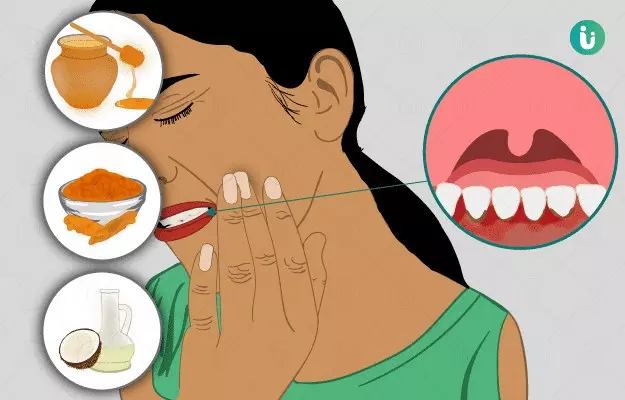Sometimes brushing too aggressively or flossing incorrectly can cause your gums to bleed (Read more: Oral hygiene tips). At other times, biting into a hard fruit can do it. But more often than not, bleeding gums have an underlying cause.
The most common cause of bleeding gums is gingivitis or inflammation of the gums. Plaque builds up in the teeth from food, mostly sweets, if they are not cleaned properly. This plaque hardens to become tartar, which is what causes inflammation.
If you brush and floss regularly, don’t eat too many sweets and visit your dentist regularly, you should not be experiencing bleeding gums. Following simple personal hygiene rules can usually resolve problems. However, if you experience undue pain and excessive bleeding, visit your dentist.
Home remedies can come in handy to quicken recovery time. But before we move to home remedies, there are some other changes you can make as well:
- If you are using a worn-out toothbrush, change it. Older brushes are not as efficient at cleaning your teeth and any protruding bristles can hurt you, too.
- Next, try switching to a toothbrush with softer bristles: your pharmacist or dentist can help you with this.
- If you are on blood thinners, talk to your doctor about regularly bleeding gums.
- If you are a smoker, try to quit as smoking can cause tooth decay and gum inflammation as well. (Read more: Effects of smoking on teeth, gums and mouth)
- There are devices called irrigators that can dislodge bacteria from the gums. Ask your dentist if an irrigator is the right choice for you.
Here are some quick and easy ways to relieve bleeding gums:

































